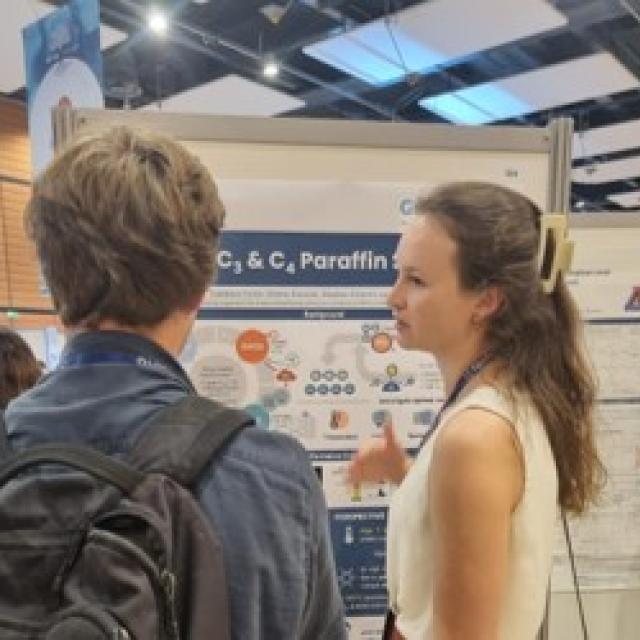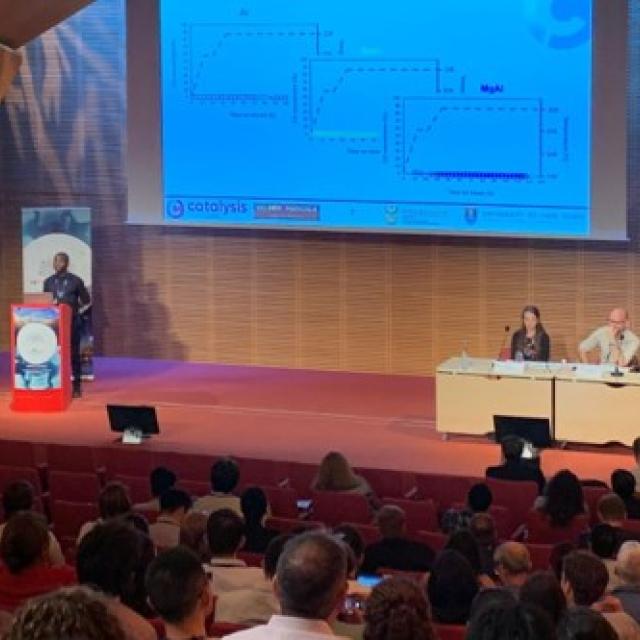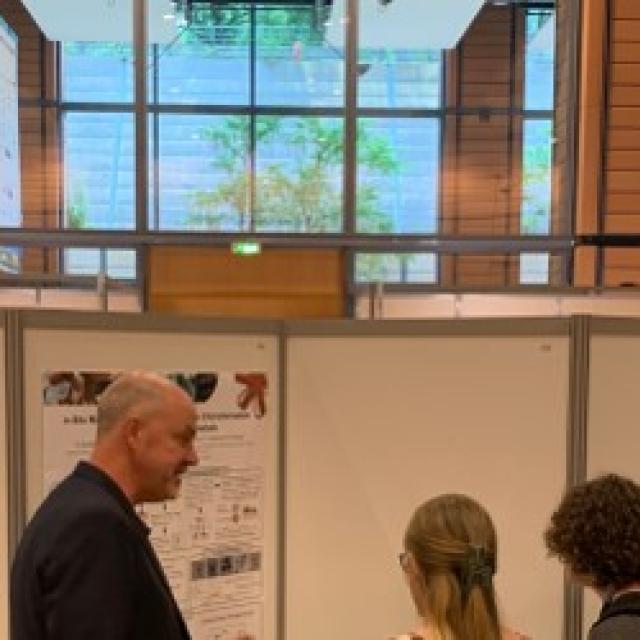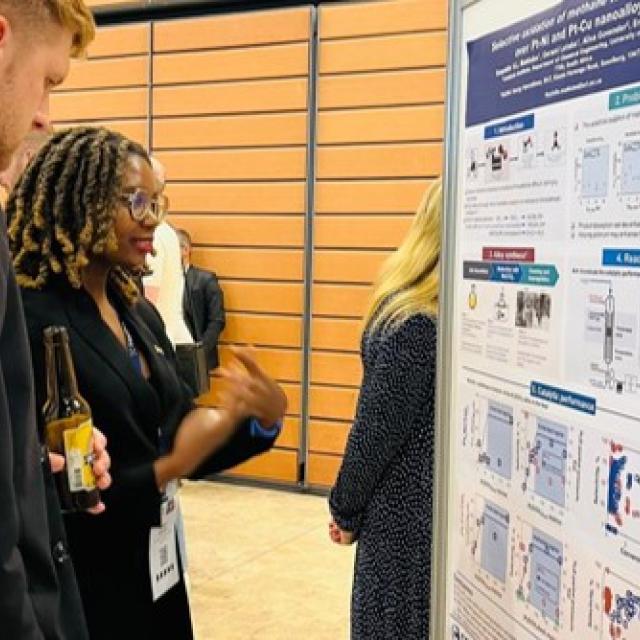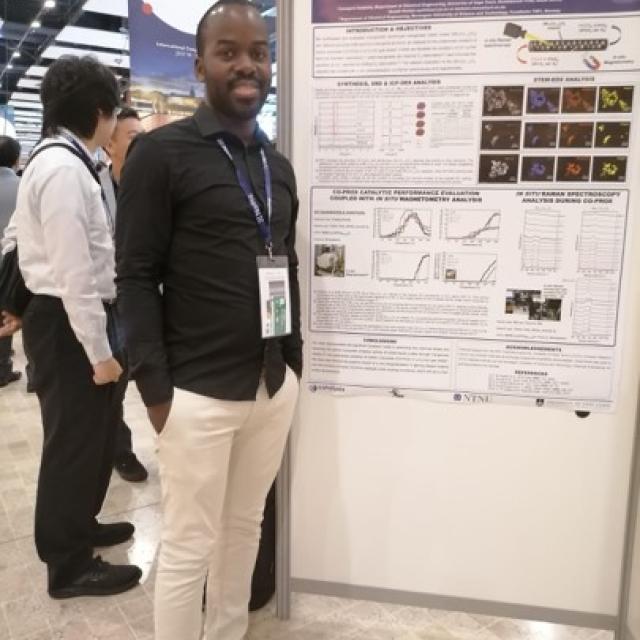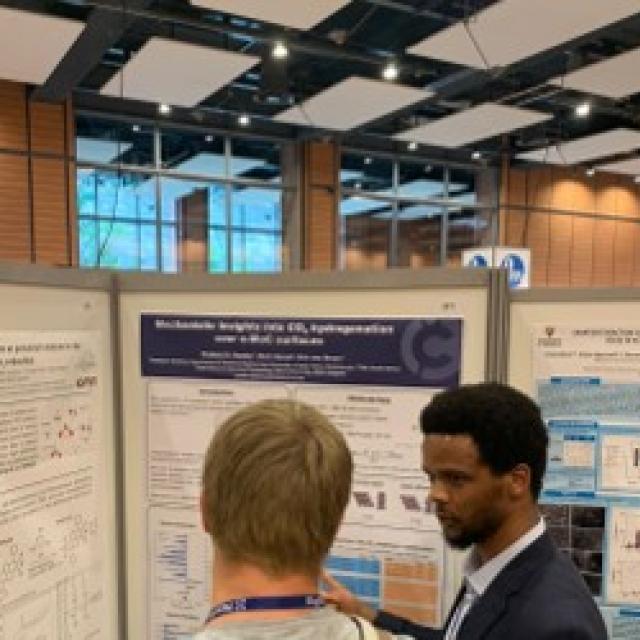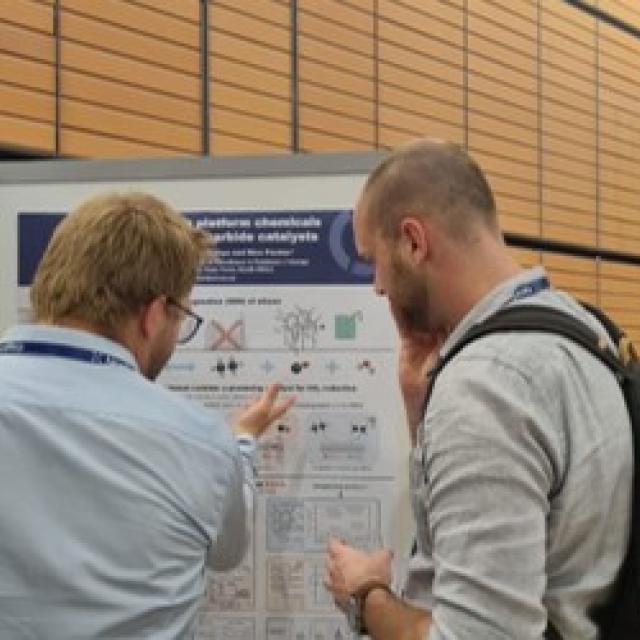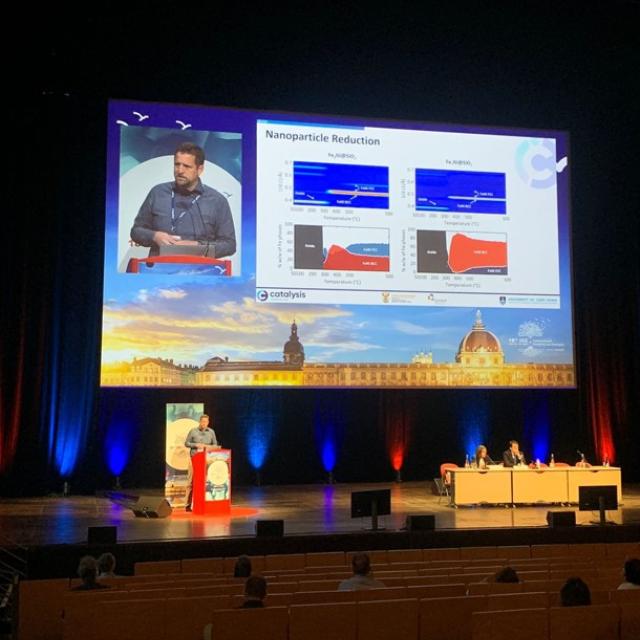Roots and Wings for the Catalysis Institute


This congress comes at the heels of the congress that never was, the 17th ICC which was meant to take place in San Diego in 2020, but was cancelled due to the coronavirus global pandemic. The 18th ICC took on the slogan “Roots and Wings for a Better World” encouraging the development and discussion of deeply foundational research and innovation which may grow and flourish, taking off and being able to spread meaningful change.
The conference was co-chaired by David Farrusseng of CNRS-University of Lyon & Hélène Olivier-Bourbigou of IFP Energies Nouvelles who brought together over 2300 delegates from 67 different countries the conference included 5 plenary and 3 IACS awards lectures, 25 keynote addresses, 320 long oral presentations, 190 short oral presentations, more than 50 exhibition booths and over 1500 posters, making for a jam packed schedule.
32 scientific topics were available to attend running over seven parallel sessions. The topics receiving the most interest at this ICC were: “CO2-conversion” with 10 sessions, followed by “Characterisation of catalysts and of catalytic reactions” and “Photocatalysis” with seven sessions each and then “Preparation of heterogeneous catalysts” and “Valorisation of C1 Molecules (CH4, CO, CH3OH) except CO2” with six each.
It is interesting to note the relevance of these topics in the modern catalysis community as the Catalysis Institute at UCT finds itself conducting cutting edge research in all of these areas with a large focus on CO2-conversion across the institute in both the reverse water gas shift reaction, and formation of higher hydrocarbons; groups studying photocatalysis and methane oxidation; collaborative work such as GreenQUEST looking at valorisation of C1 molecules (methanol and dimethyl ether), as well as preparation of model heterogeneous catalysts through collaborative work in the Care-o-sene project.
The Catalysis Institute put on a good showing with 13 attendees (pictured in no particular order):
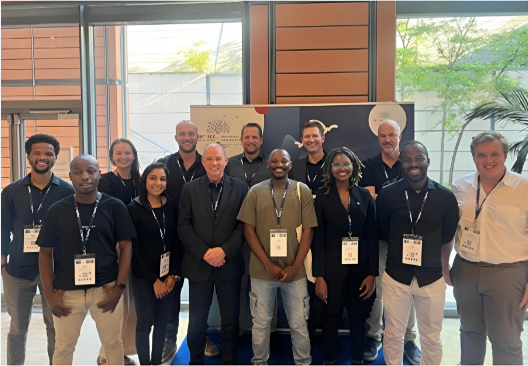
Within this cohort the Catalysis Institute managed to secure two oral presentations, with one going to Professor Nico Fischer on “Carbon dioxide reduction via the reverse Water Gas Shift reaction over iron-nickel alloy-based catalysts” and the other to Nicholas Featherstone on “Improved activity in CO2-hydrogenation over iron-based catalysts upon in-situ dosing of water”, both in the “CO2-conversion” sessions. Further, a short oral was given to Sanele Moloi, who presented on “Effect of alumina support modifiers on the activity and selectivity of Ru-based Fischer-Tropsch synthesis catalysts”. Additionally, seven posters were presented across a range of topics by the institute and sparked many interesting and meaningful discussions.
The ICC also presented a prime opportunity to get to meet current and potential future collaborators and friends from all over the world in the catalysis community, sparking new and continuing old cross-pollination of ideas between institutions.
The delegates were further fortunate to have the congress in the beautiful city of Lyon, meaning that whilst filling ones brain with most excellent science in the day, one could also full their stomach with some of the finest cuisine France (and thus the world) has to offer. Several excursions were arranged in which the Catalysis Institute cohort participated and a rich cultural experience was had by all.

